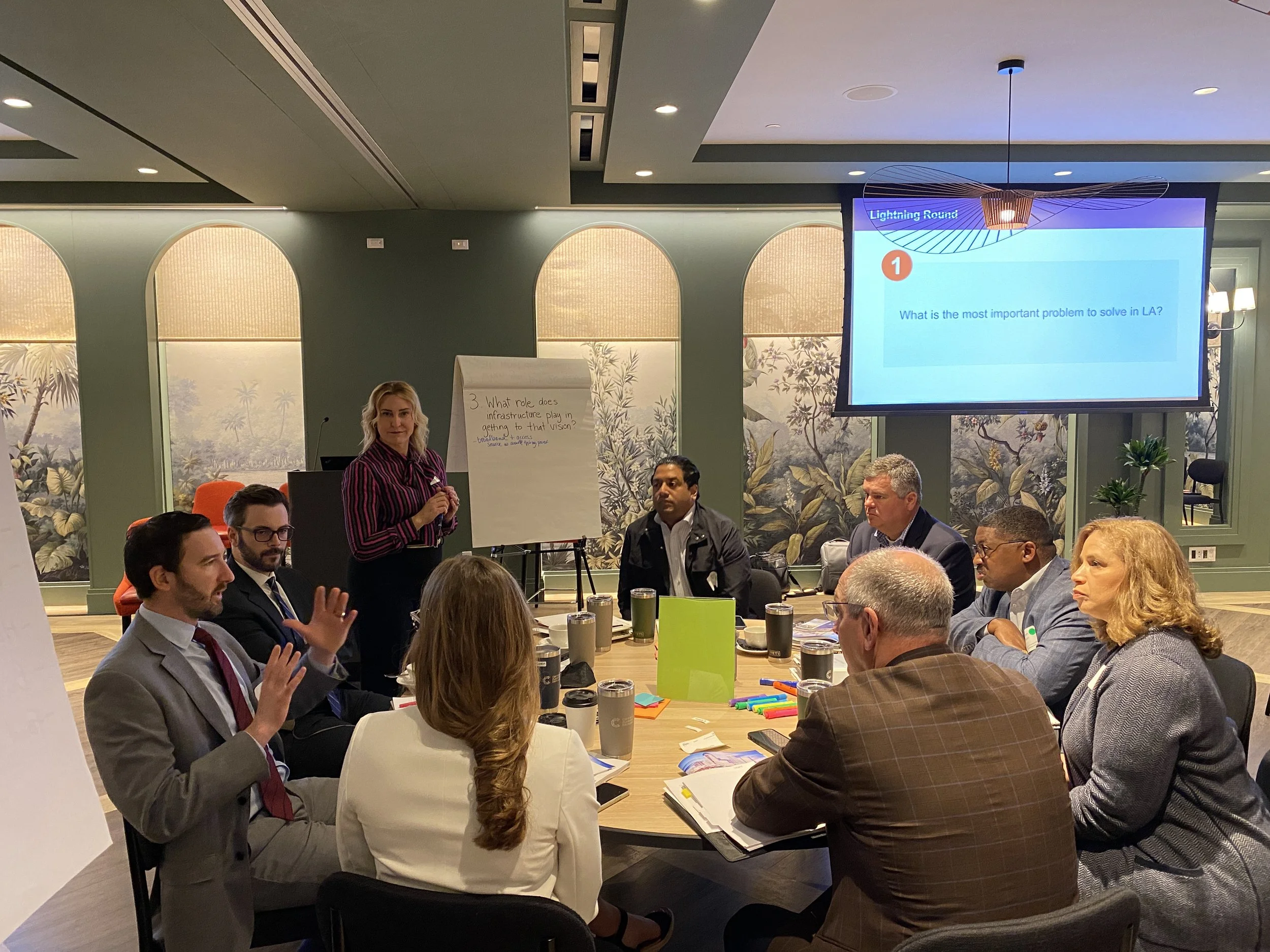Louisiana is no stranger to the wrath of Mother Nature – hurricanes, flooding, and coastal erosion have long plagued our communities, leaving us to adapt and rebuild time and time again. However, this past summer, Louisiana faced an unexpected and unprecedented threat: wildfires, fueled by extreme heat, strong winds, a high-pressure heat dome, and one of the most severe droughts in our recorded history.
Whether by inland rivers, stormwater, or coastal storm surge, Louisiana is facing increased risk from both the magnitude and frequency of flood events. Dubbed the Great Flood of 2016, Louisiana experienced two historic rain events that impacted 56 of Louisiana's 64 parishes and highlighted statewide vulnerabilities and exposed the lack of water and land management. More than 145,000 rental and owner-occupied homes across the state were flooded–an estimated $10 billion in damages. These historic flooding events exposed deficiencies in floodplain management approaches at all levels of government.
I recently met a resident of Marksville who after some years in D.C. returned to his hometown. Like so many others I have met throughout my work in Louisiana, he is bringing home a different perspective on quality of life, a can-do attitude, and what seems like endless energy to improve his hometown. So what is the appeal? I asked him this when we first met for a tour of the town. His answer wasn’t unfamiliar – in short: the quiet lifestyle and potential. I knew what he meant because it confirmed what I’ve been witnessing in central Louisiana: older communities with rich histories and good bones that are eager for revitalization.
Last week, the Supreme Court ruled 6-3 to restrict the ability of the Environmental Protection Agency to regulate carbon emissions. In a nutshell, the EPA no longer has the authority to mandate that energy companies shift to cleaner sources in order to cap carbon emissions. That responsibility now falls to Congress – a political body beholden to many interests other than understanding and curbing climate change effects.
In his address to state leaders and agency executives at the Resilient Infrastructure Workshop held in March, Governor John Bel Edwards described the Infrastructure Investment and Jobs Act as a “once in a generation opportunity to realize a more resilient and equitable future by strengthening Louisiana’s built environment and positioning the state for future economic success,” and issued a call to take action, stating, “We all have a role to play, and we must rise to the occasion.”
The Governor’s Climate Initiatives Task Force met on October 9 and October 19, 2021 to take a broad look at industrial decarbonization methods of implementation and available tools, focusing heavily on challenges and benefits specific to Louisiana.






